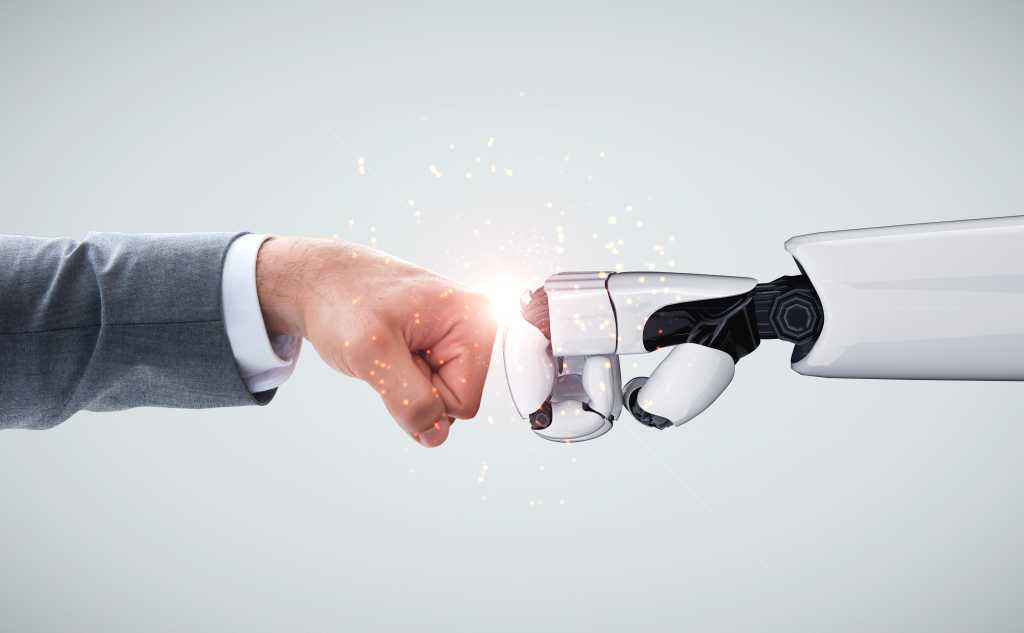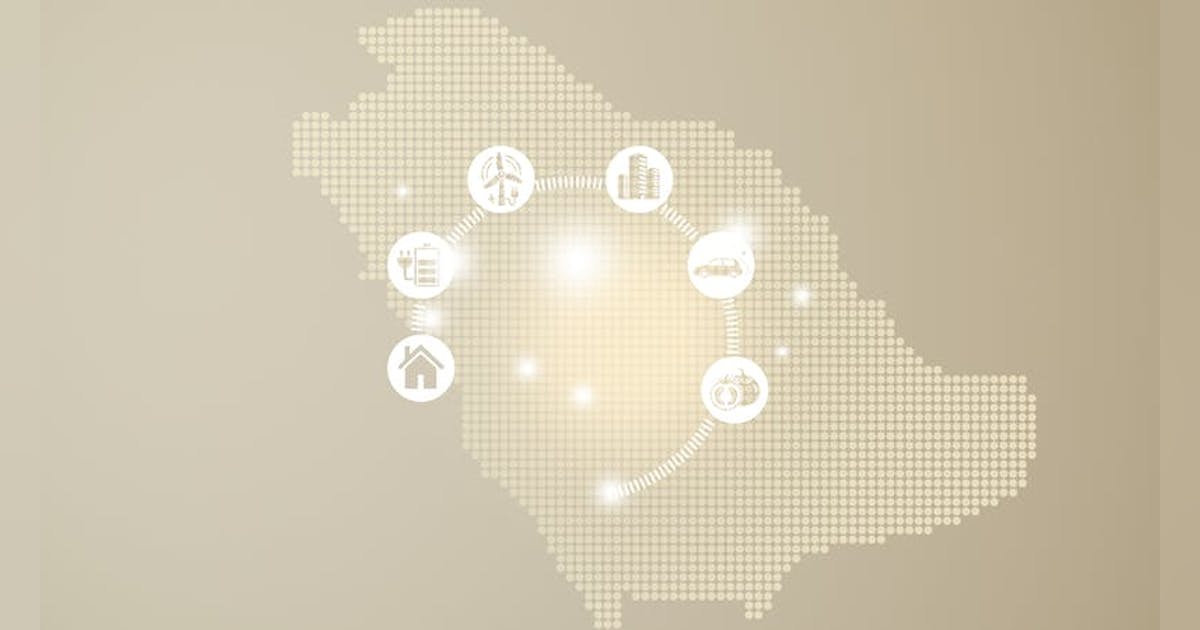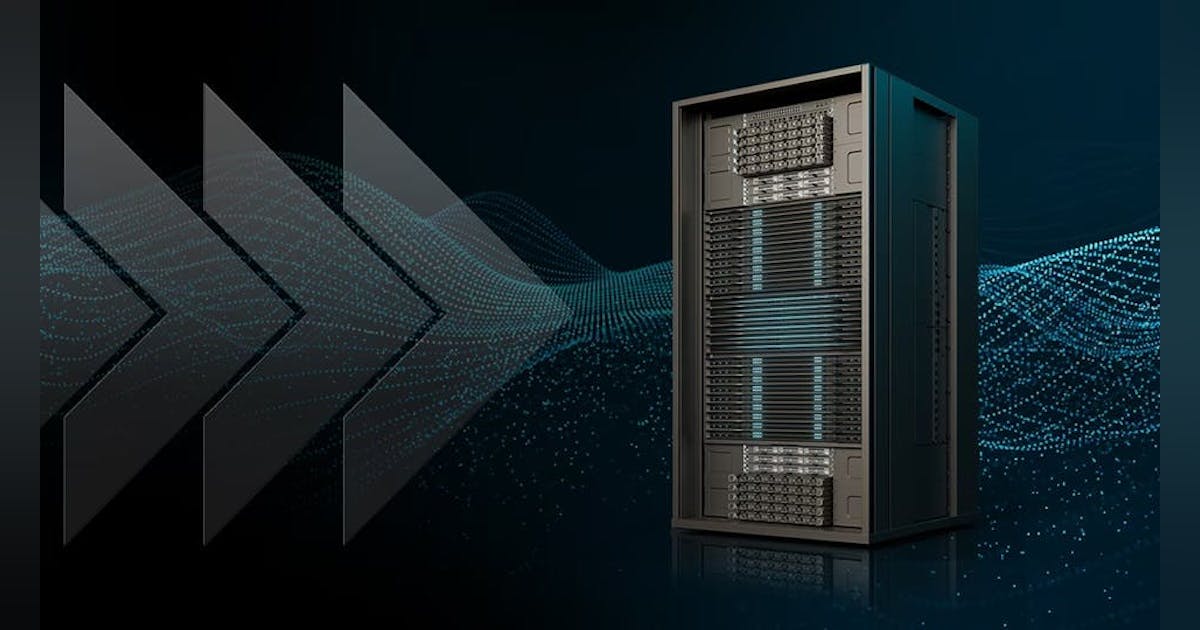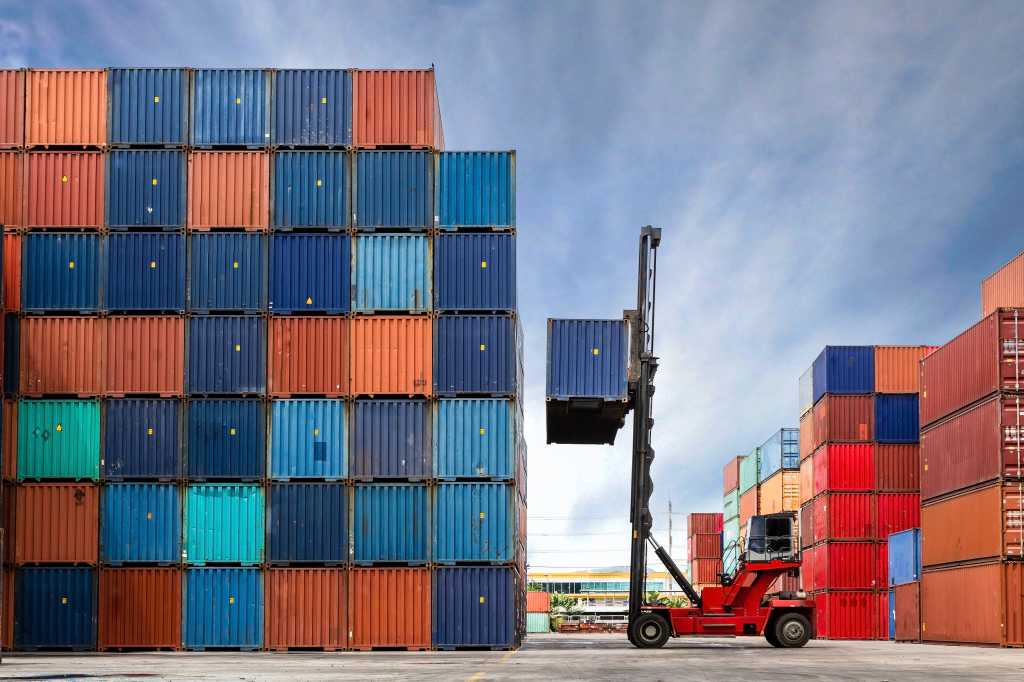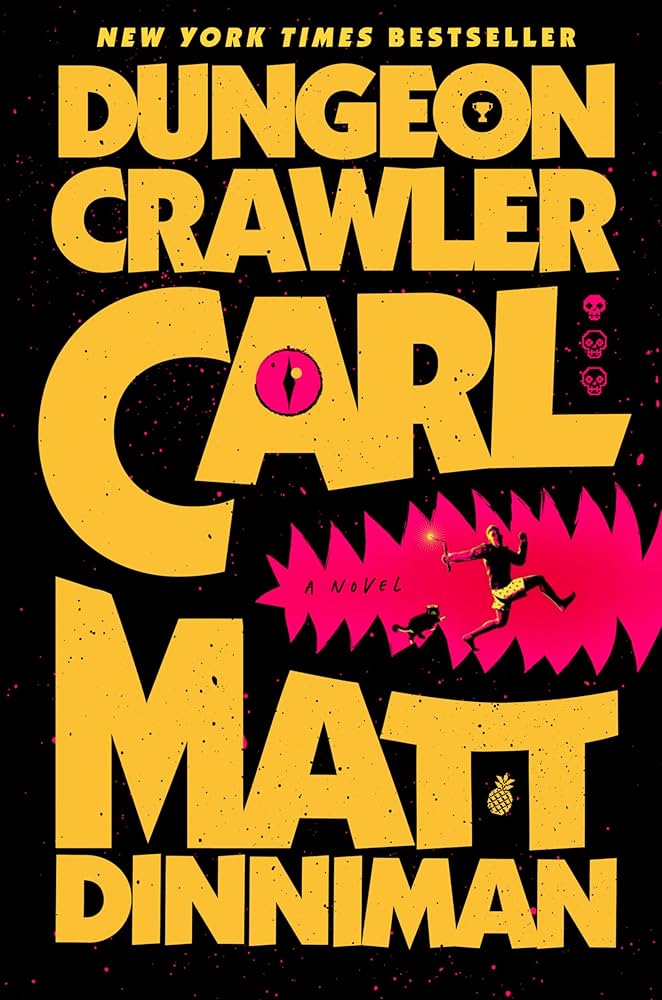This is today’s edition of The Download, our weekday newsletter that provides a daily dose of what’s going on in the world of technology.
Introducing: the body issue
We’re thrilled to share the latest edition of MIT Technology Review magazine, digging into the future of the human body, and how it could change in the years ahead thanks to scientific and technological tinkering.
The below stories are just a taste of what you can expect from this fascinating issue. To read the full thing, subscribe now if you haven’t already.
+ A new field of science claims to be able to predict aesthetic traits, intelligence, and even moral
character in embryos. But is this the next step in human evolution or something more dangerous? Read the full story.
+ How aging clocks can help us understand why we age—and if we could ever reverse it. Read the full story.
+ Instead of relying on the same old recipe biology follows, stem-cell scientist Jacob Hanna is coaxing the beginnings of animal bodies directly from stem cells. But should he?
+ The more we move, the more our muscle cells begin to make a memory of that exercise. Bonnie Tsui’s piece digs into how our bodies learn to remember.
MIT Technology Review Narrated: How Antarctica’s history of isolation is ending—thanks to Starlink
“This is one of the least visited places on planet Earth and I got to open the door,” Matty Jordan, a construction specialist at New Zealand’s Scott Base in Antarctica, wrote in the caption to the video he posted to Instagram and TikTok in October 2023.
In the video, he guides viewers through the hut, pointing out where the men of Ernest Shackleton’s 1907 expedition lived and worked.
The video has racked up millions of views from all over the world. It’s also kind of a miracle: until very recently, those who lived and worked on Antarctic bases had no hope of communicating so readily with the outside world. That’s starting to change, thanks to Starlink, the satellite constellation developed by Elon Musk’s company SpaceX to service the world with high-speed broadband internet.
This is our latest story to be turned into a MIT Technology Review Narrated podcast, which we’re publishing each week on Spotify and Apple Podcasts. Just navigate to MIT Technology Review Narrated on either platform, and follow us to get all our new content as it’s released.
The must-reads
I’ve combed the internet to find you today’s most fun/important/scary/fascinating stories about technology.
1 OpenAI has launched its own web browser
Atlas has an Ask ChatGPT sidebar and an agent mode to complete certain tasks. (TechCrunch)
+ It runs on Chromium, the open-source engine that powers Google’s Chrome. (Axios)
+ OpenAI believes the future of web browsing will involve chatting to its interface. (Ars Technica)
+ AI means the end of internet search as we’ve known it. (MIT Technology Review)
2 China is demanding US chip firms share their sales data
It’s conducting a probe into American suppliers, and it wants answers. (Bloomberg $)
3 AI pioneers are among those calling for a ban on superintelligent systems
Including Geoffrey Hinton and Yoshua Bengio. (The Guardian)
+ Prominent Chinese scientists have also signed the statement. (FT $)
+ Read our interview with Hinton on why he’s now scared of AI. (MIT Technology Review)
4 Anthropic promises its AI is not woke
Despite what the Trump administration’s “AI Czar” says. (404 Media)
+ Its CEO insists the company shares the same goals as the Trump administration. (CNBC)
+ Why it’s impossible to build an unbiased AI language model. (MIT Technology Review)
5 Climate scientists expect we’ll see more solar geoengineering attempts
But it’s a risky intervention with potentially huge repercussions. (New Scientist $)
+ The hard lessons of Harvard’s failed geoengineering experiment. (MIT Technology Review)
6 Why Silicon Valley is so fixated on China
It marvels at the country’s ability to move fast and break things—but should it?(NYT $)
+ How Trump is helping China extend its massive lead in clean energy. (MIT Technology Review)
7 YouTube has launched a likeness detector to foil AI doppelgängers
But that doesn’t guarantee that the fake videos will be removed. (Ars Technica)
8 Bots are threatening Reddit’s status as an oasis of human chat
Can it keep fighting off the proliferation of AI slop? (WP $)
+ It’s not just Reddit either—employers are worried about ‘workslop’ too. (FT $)
+ AI trained on AI garbage spits out AI garbage. (MIT Technology Review)
9 This AI-powered pet toy is surprisingly cute
Moflin is a guinea pig-like creature that learns to become more expressive. (TechCrunch)
+ AI toys are all the rage in China—and now they’re appearing on shelves in the US too. (MIT Technology Review)
10 You don’t need to know a lot about AI to get a job in AI
Make of that what you will. (Fast Company $)
Quote of the day
“It’s wild that Google wrote the Transformers paper (that birthed GPTs) AND open sourced Chromium, both of which will (eventually) lead to the downfall of their search monopoly. History lesson in there somewhere.”
—Investor Nikunj Kothari ponders the future of Google’s empire in the wake of the announcement of OpenAI’s new web browser in a post on X.
One more thing
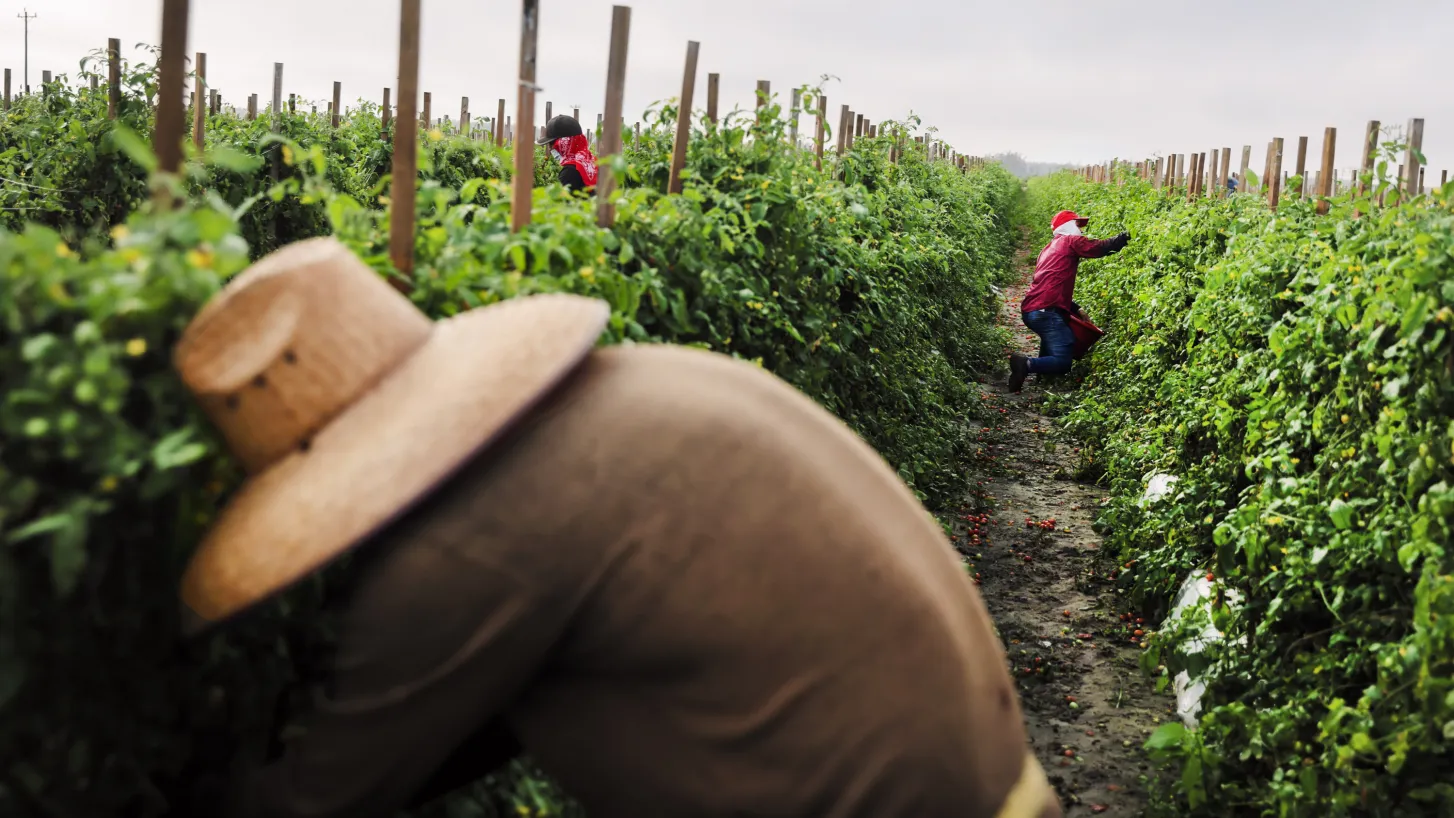
The quest to protect farmworkers from extreme heat
Even as temperatures rise each summer, the people working outdoors to pick fruits, vegetables, and flowers have to keep laboring.
The consequences can be severe, leading to illnesses such as heat exhaustion, heatstroke and even acute kidney injury.
Now, researchers are developing an innovative sensor that tracks multiple vital signs with a goal of anticipating when a worker is at risk of developing heat illness and issuing an alert. If widely adopted and consistently used, it could represent a way to make workers safer on farms even without significant heat protections. Read the full story.
—Kalena Thomhave



